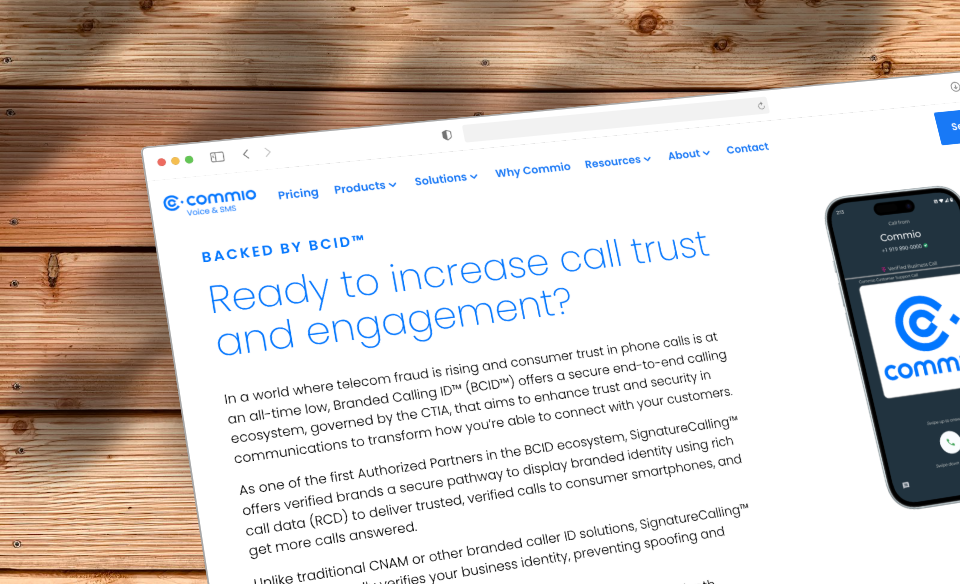The integration of artificial intelligence (AI) in call centers has revolutionized customer service by enhancing the monitoring, recording, and analyzing of customer calls. AI tools, like Verint’s Real-Time Agent Assist and Speech Analytics, can significantly improve service quality and efficiency. However, as illustrated by the recent lawsuit against Navy Federal Credit Union, businesses must navigate the legal landscape carefully.
The Navy Federal Credit Union Case: A Legal Wake-Up Call
Navy Federal Credit Union is currently embroiled in a class action lawsuit alleging improper disclosure regarding the use of AI to monitor customer calls. As explained by Johnathan Marashlian of The CommLaw Group, the lawsuit claims that Navy Federal allowed Verint to intercept, analyze, and record calls without adequately informing customers or obtaining their consent. This case highlights the legal risks associated with AI-driven call monitoring and underscores the necessity of transparency and compliance.
The Legal Framework: Consent and Transparency
Recording calls for quality assurance and training is standard practice, but the addition of AI introduces new complexities. Traditional call recordings usually involve informing customers that their calls may be recorded. However, AI’s capabilities extend beyond simple recording to real-time assistance and data analysis, raising privacy concerns.
To avoid legal pitfalls, companies must:
- Explicitly Disclose AI Use: Inform customers at the beginning of the call about the involvement of AI and any third parties in recording and analyzing conversations. This disclosure should be unambiguous.
- Obtain Informed Consent: Ensure that customers consent to both the recording and the AI analysis of their calls. This can be done through verbal consent at the start of the call or written consent in terms of service agreements.
- Maintain Transparency: Regularly update customers on how their data is being used, especially if the data is used to train AI systems.
Best Practices for Call Centers Using AI
1. Clear Disclosures: Start every call with a clear message stating that the call will be recorded and analyzed by AI for quality and training purposes. Mention any third parties involved.
Example Script: “For quality and training purposes, this call will be recorded and analyzed by our AI systems, in partnership with Verint. By continuing, you consent to this.”
2. Informed Consent: Provide customers with an option to consent or opt out of AI analysis at the beginning of the call. If the customer does not consent, ensure their call is handled without AI intervention.
Example: “If you do not wish for your call to be analyzed by AI, please let us know, and we will proceed without AI monitoring.”
3. Regular Updates and Communication: Keep customers informed about any changes in how their data is used. Transparency builds trust and ensures ongoing compliance with data privacy laws.
4. Data Security Measures: Implement robust security protocols to protect recorded data and ensure compliance with relevant data protection regulations such as GDPR or CCPA.
Case Summary: Lessons from Navy Federal
In the lawsuit against Navy Federal, customers alleged they were unaware that their calls were being analyzed by Verint. They believed their conversations were private and solely between them and Navy Federal. The lawsuit claims that Verint used these calls to train its AI systems without proper disclosure or consent. This case underscores the need for transparent communication and explicit consent to maintain customer trust and comply with legal standards.
Conclusion: Fostering Trust through Transparency
The case of Navy Federal Credit Union serves as a critical reminder of the importance of adhering to legal and ethical standards when using AI in call centers. By ensuring clear disclosures, obtaining informed consent, and maintaining transparency, call centers can leverage AI to improve operations while fostering a trustworthy relationship with customers.
At Commio, we prioritize these best practices to provide cutting-edge cloud communication services that respect customer privacy and build lasting trust. By integrating AI responsibly, we can help your business enhance customer interactions while staying compliant with legal requirements.















